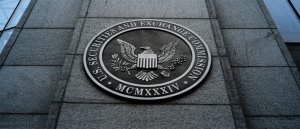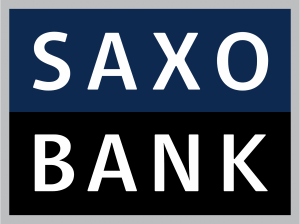SEC tightens governance at clearing agencies to curb conflicts of interest
The Securities and Exchange Commission (SEC) has implemented new rules to bolster governance at all registered clearing agencies, a move designed to mitigate conflicts of interest within their boards of directors or equivalent governing bodies.

These rules, part of a broader effort to fortify financial market integrity, have been largely welcomed by industry players and observers alike.
SEC Chair Gary Gensler expressed his support for these changes, stating, “I am pleased to support this adoption because it helps foster more resilient clearinghouses.”
He added that the adoption is aimed at promoting board independence, considering the views of relevant stakeholders, and reducing potential conflicts of interest regarding the board and senior management. Gensler emphasized that these measures collectively benefit investors, issuers, and the markets that connect them.
Board composition, independent directors, nominating committees, and risk management committees
The new rules entail comprehensive governance requirements concerning board composition, including provisions for independent directors and the establishment of nominating and risk management committees. These changes require clearing agencies to develop new policies and procedures to handle conflicts of interest and manage risks associated with relationships with service providers for core services. Importantly, the rules also mandate that boards consider the viewpoints of stakeholders, aligning with the directives of Section 765 of the Dodd-Frank Act.
These governance improvements aim to clearly define board responsibilities, increase transparency in board governance, and better align the incentives of owners and participants of registered clearing agencies. The SEC’s adopting release, available on SEC.gov and soon to be published in the Federal Register, details these requirements, setting a compliance date of 12 months post-publication for most provisions, and 24 months for board and committee independence requirements.
The SEC’s new rule under the Securities Exchange Act of 1934 establishes governance standards for registered clearing agencies and mandates specific actions to mitigate or eliminate conflicts of interest. This decision reflects the unique role of clearing agencies in the securities markets, as they are central to market operations and not easily replaceable.
SEC narrowed definition of “service provider for core services”
In crafting these regulations, the SEC has made several key adjustments from the initial proposal to strike a balance between achieving desired governance outcomes and avoiding undue burdens. For example, Rule 17Ad-25(d)(1) has been revised to require annual reevaluation of risk management committee memberships instead of regular reconstitution. This change allows committees to retain members with valuable expertise while ensuring timely adjustments.
Further, the definition of “service provider for core services” has been narrowed to avoid overly broad interpretations. Rules regarding the management of risks from relationships with service providers and the solicitation of viewpoints on risk management and operations have also been refined to clarify the roles of senior management and the board.
Additionally, the Commission has extended the compliance period for most provisions of the rule from 180 days to 12 months post-publication in the Federal Register. This extension is partly to accommodate the transition to a T+1 trade settlement cycle, ensuring that clearing agencies can effectively implement these new requirements without overextending their resources.
In summary, the SEC’s adoption of these rules represents a significant step in enhancing the governance of clearing agencies, aiming to bolster market resilience and integrity. By carefully balancing regulatory demands with practical industry considerations, the SEC has demonstrated its commitment to maintaining robust and fair financial markets.









